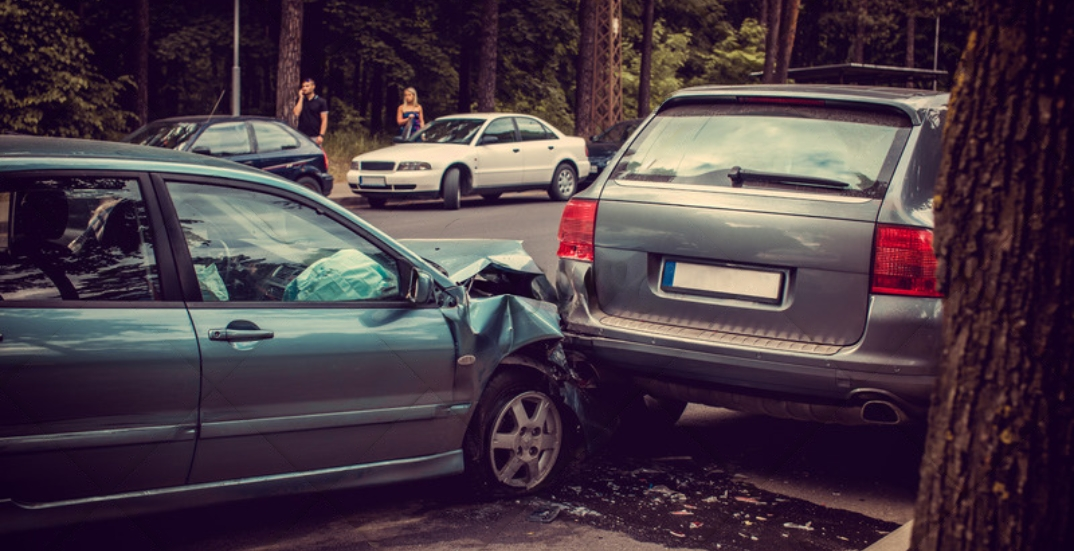
There are various ways that a car could become totaled after an accident occurs. In some cases, vehicles are totaled after they sustained devastating damage, but there are times when vehicles that do not look horribly damaged will still be considered totaled. This all depends on determining the value of the vehicle and the cost of repairing the vehicle. Here, our Martinsburg car accident lawyers want to discuss what happens when your car is totaled after a vehicle accident in West Virginia.
What is a Totaled Vehicle?
When we examine information available from WalletHub, we see that a vehicle in West Virginia will be considered totaled if the cost of repairs added to the salvage value is at least 75% of the actual cash value of the car.
- Actual cash value. This is defined as how much the vehicle was worth right before the crash occurred.
- Salvage value. This is defined as the total value of the vehicle in its damaged state.
Let us examine an example of a total loss in West Virginia. Suppose a Ford Explorer has a pre-cash value of $10,000. Let us suppose that a collision occurs, the cost of repair would be $4,000, and the salvage value of the vehicle is $8,000.
In this scenario, the salvage value and the repair value of the vehicle added together equals $12,000, which is 80% of the pre-cash value we listed. The vehicle would be considered a total loss because this goes above the 75% pre-crash value threshold defined under West Virginia law to make a vehicle totaled.
What You Can do if Your Car is Totaled
If a person’s vehicle is totaled in West Virginia, they will need to carefully examine what steps to take next. Insurance carriers may pay some form of compensation, and hopefully this is enough to pay off the existing loan on the vehicle. All drivers in West Virginia are required to carry $25,000 of property damage liability coverage at a minimum, and many drivers carry more. If the car is totaled as a result of the negligent actions of another driver, the individual may be able to recover at least $25,000 in compensation for their totaled vehicle.
However, if an individual causes their own accident, then they will have to rely on their own insurance coverage to pay for compensation. In these situations, collision coverage would help pay for the total vehicle, up to the policy limits. However, not every driver carries collision coverage. Drivers are not required to carry this coverage under West Virginia law, but if the person is financing their vehicle, they are required to carry collision coverage by the lender.
If a vehicle is totaled in West Virginia, the individual will receive the car’s actual cash value from the insurance carrier, at least up to the policy limits.
Working With an Attorney
Any person involved in a vehicle accident caused by the actions of another driver is encouraged to work with a skilled attorney to help recover compensation for their losses. Yes, medical bills are certainly a priority, but you need a vehicle, so property damage expenses are important as well. An experienced attorney will help recover total compensation for your claim, including medical bills, property damage expenses, rental car expenses, pain and suffering damages, and more.




